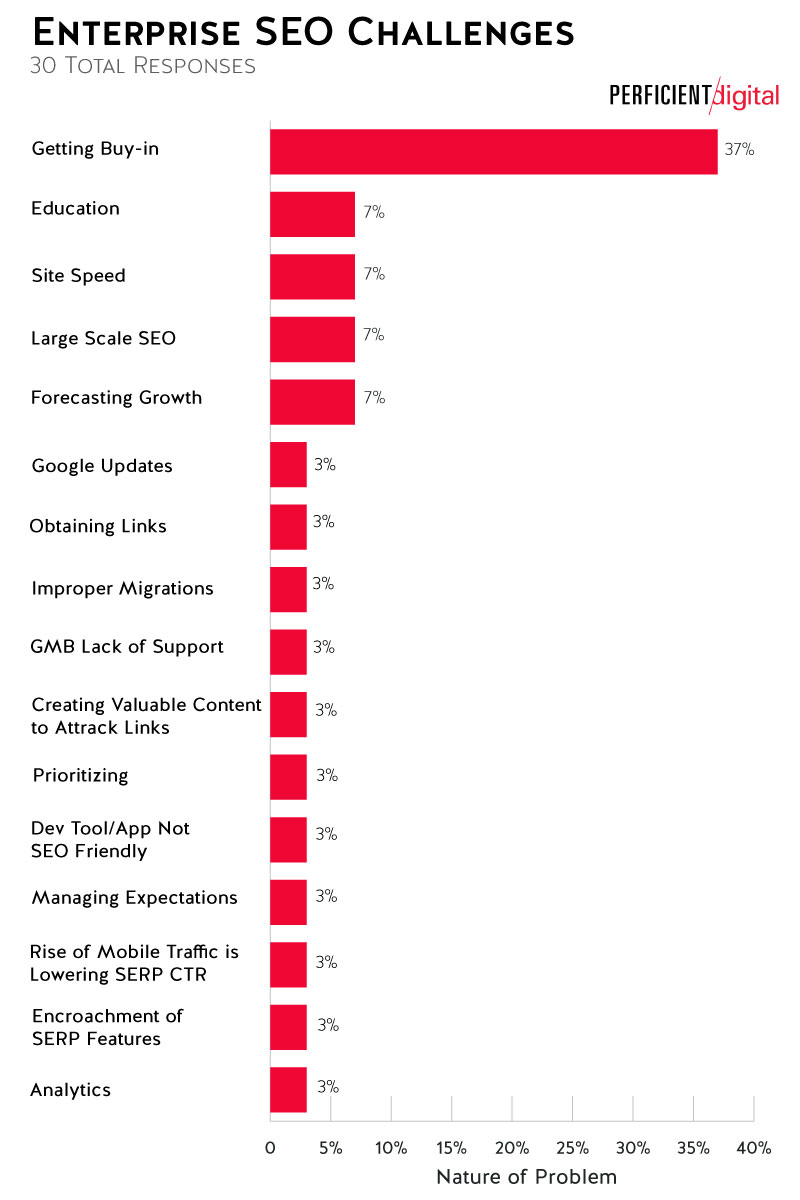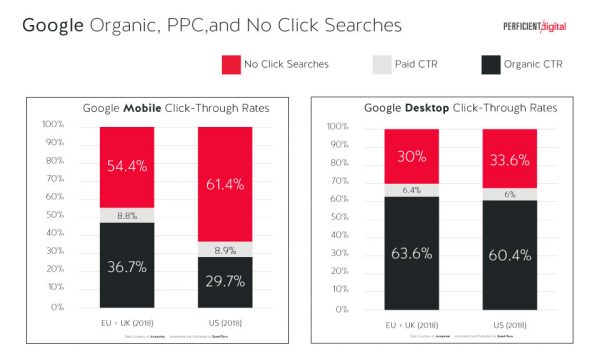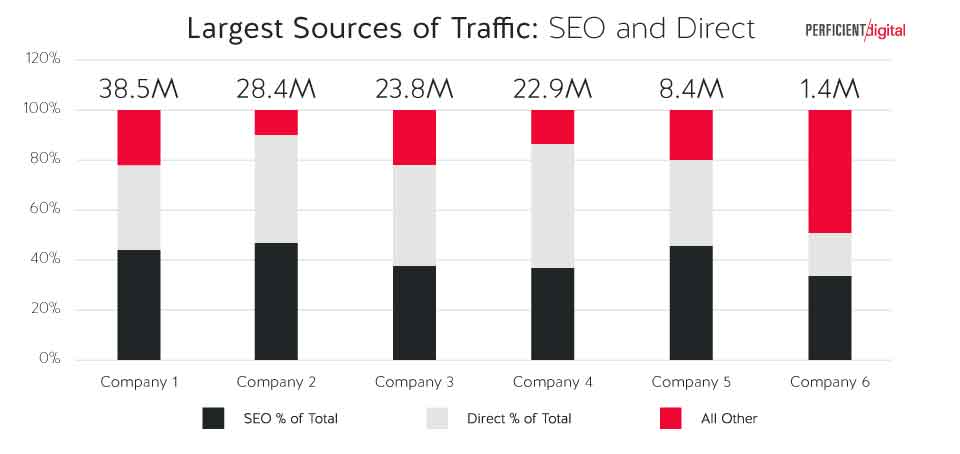Recently, I reached out to a number of enterprise SEOs to poll them on the biggest issues that they face. Participants included senior SEO people from Fortune 500 companies and other large enterprises. The question was free-form, so each person was allowed to submit whatever they saw as their biggest issue. I then mapped their responses into different categories based on the responses.
Here are the results, in a nutshell:

Close variants of “Getting buy-in from the rest of the enterprise” were easily the most common problem. If you’ve had the opportunity to work with large enterprises, this won’t be a big surprise to you. It’s a common issue that’s driven by the fact that the great majority of those working in the large enterprise typically don’t have any education about, or exposure to, SEO.
Basically, they may consider SEO to be some sort of mysterious black art. To make matters worse, the results from SEO campaigns normally take some time to emerge, and can be difficult to directly measure. The executives may be accustomed to direct-response mediums such as pay-per-click, where the measurement is far easier and the results come nearly immediately.
This is unfortunate, as the latest Jumpshot data from Rand Fishkin at SparkToro indicates that users are still far more likely to click on an organic result than a paid one:

The above chart shows the data for both the US and EU markets. When we aggregate the data across desktop and mobile, in the US we’re still 6.16 times more likely to see an organic click from the SERPs than a paid one. That by itself should create a lot of motivation to focus energy on SEO campaigns!
If that’s not enough, show them a view that illustrates how your competitors are making hay in SEO while you’re not. That view could look something like this:

Demonstrating that your competitors are making a lot of high-ROI dollars from organic search can often be an effective tactic.
However, it may still not be enough. The uncertainty around what to do, how to do it, and when it will show results can hurt your efforts to educate senior managers, even if they are receptive to the idea. People who approve budgets typically want to have a strong sense of the ROI they should anticipate in return.
This leaves us in a tough spot. What I usually recommend is to find one or two senior executives that are willing to listen. If you can get them on board with the understanding that SEO is a solid investment, you’ll have someone willing to advocate for it, even if you’re not in the room.
This can require time and effort, but the investment here is well worth it. In many cases, the best way to start is to show examples of it working. Keep it simple. For example, show them a page that you intend to optimize, along with its current rankings and organic traffic. Pick something where the proposed changes are simple, such as updates to title tags and on-page content. Then, do the optimizations and show them the results once they come in.
You can also do this after the fact. Choose pages that you’ve already optimized and show them the resulting benefits you obtained as a result. A simple case study like this can go a long way in helping you find a champion for your efforts.
Regardless, finding a way to get buy-in to SEO is critical to your success. Without the funding to do your work or the ability to get development to make the desired changes, you’re going to be hard pressed to show any benefits.


Hey Eric,
You are so right. Most people don’t quite get the power of SEO. It requires time and effort but it really is a solid investment.
Good stuff Eric!
This is definitely something we struggle with at my agency time and time again, even for small companies. Thanks for sharing Rand’s research, definitely will be putting that to good use!